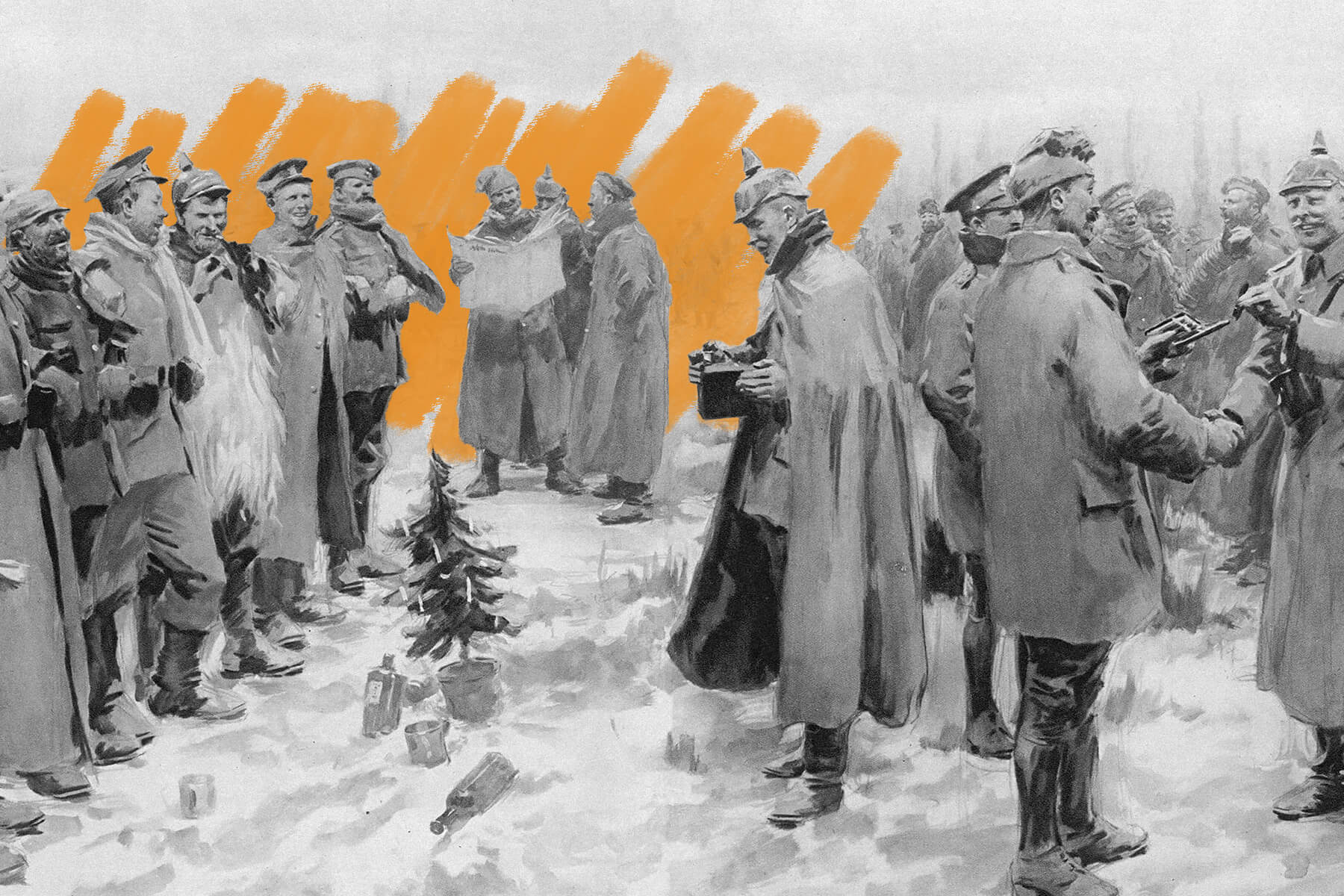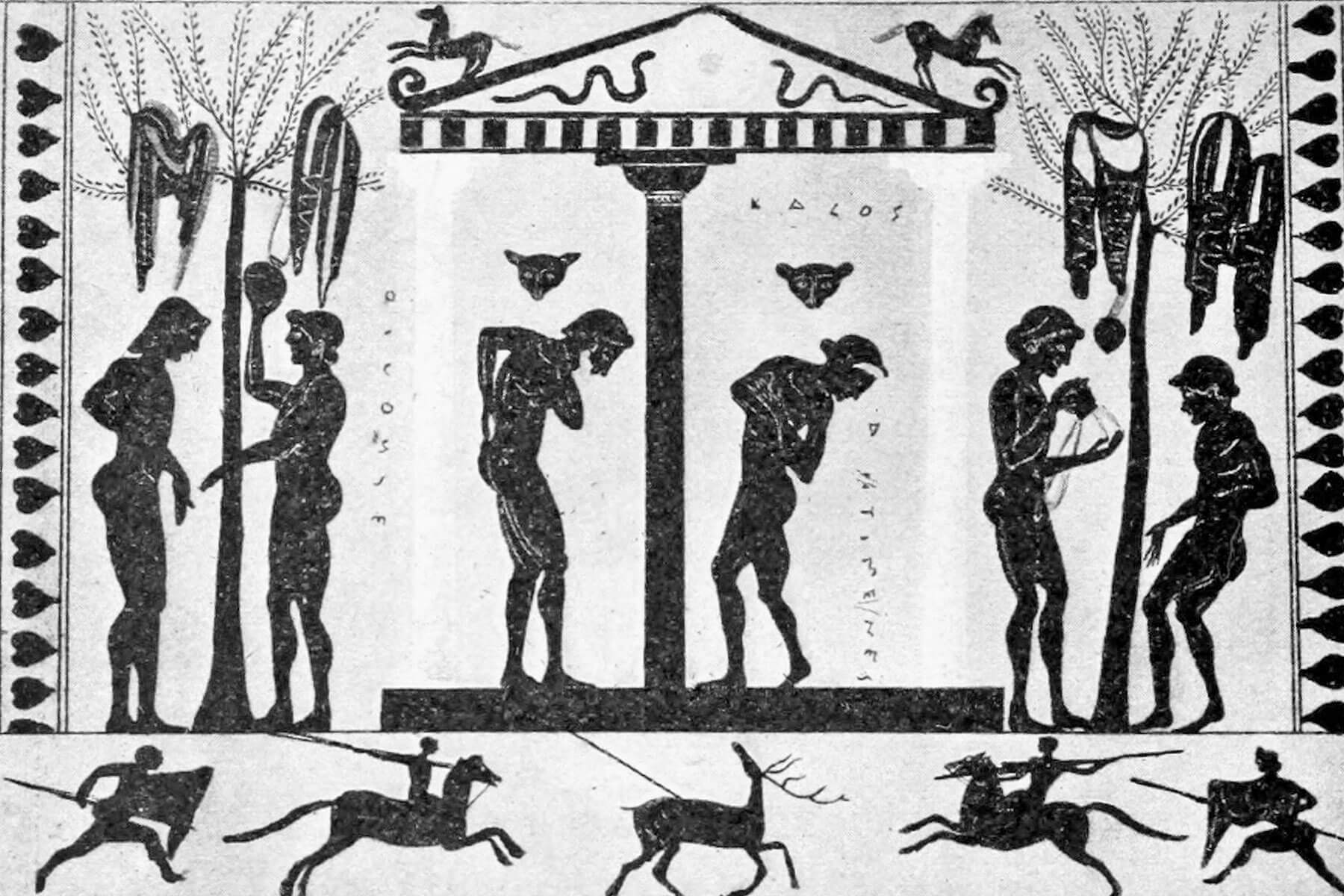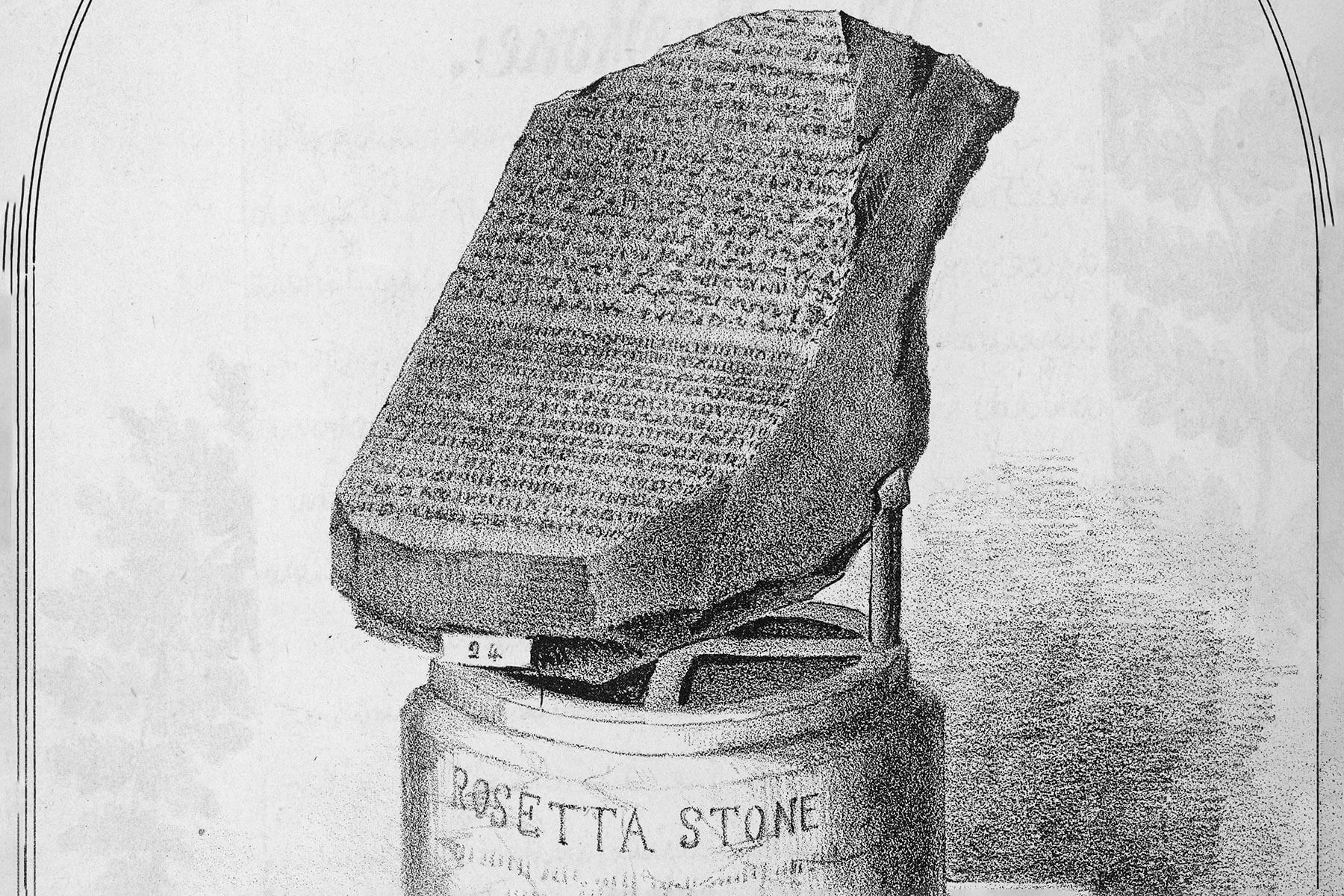How Christmas stopped WWI — for a day
 |
World War I soldiers paused fighting on Christmas to celebrate together. |
World History |
 |
| |
| Although spontaneous, it was a ceasefire after all. What followed between the soldiers was nothing short of extraordinary: They exchanged handshakes, wine, cigarettes, and laughs. Records including soldiers' diaries and letters also describe fir trees glowing with candles lining German trenches; other accounts describe impromptu games of a ball being kicked around, although it's likely that tales of full-fledged soccer games between enemy soldiers have been exaggerated over time. | |
| The truce, though widespread, wasn't universal: It's estimated that about two-thirds of the stationed troops, or around 100,000 people, participated, and commanders on both sides ultimately discouraged the fraternization, worried it would undermine the war effort. It didn't last all that long, either. In some areas, the fighting resumed by Christmas night; in others, the spontaneous spirit of peace stretched into the following days. | |
 | |
 | |||||||||
By the Numbers | |||||||||
| |||||||||
| |||||||||
 | |||||||||
| |||||||||
The song "Silent Night" was inspired by the Napoleonic Wars. | |||||||||
| It's one of the most beloved Christmas carols, but it turns out that "Silent Night" was originally a poem about peace written after the Napoleonic Wars. The year was 1816, and Joseph Mohr, a young priest living in the small Austrian village of Mariapfarr, penned the hopeful verses during a time of quiet reflection after the conflict had ravaged his country. Two years later, Mohr and church organist Franz Xaver Gruber performed the poem to music for the first time at a Christmas Eve church service in Oberndorf, Austria. The song, called "Stille Nacht, Heilige Nacht" in its native German, was translated into English in the late 1850s. Interpretations of only three of the original song's six verses are used in today's version, which also has a different melody from the original. The simple tune went on to become an indispensable Christmas song, with a version recorded by Bing Crosby selling more than 30 million copies. | |||||||||
 | |||
Recommended Reading | |||
 | |||
| | |||
 | |||
| | |||
| + Load more | |||
| |||||||||
| 700 N Colorado Blvd, #513, Denver, CO 80206 | |||||||||
|






0 Comments:
Post a Comment
<< Home